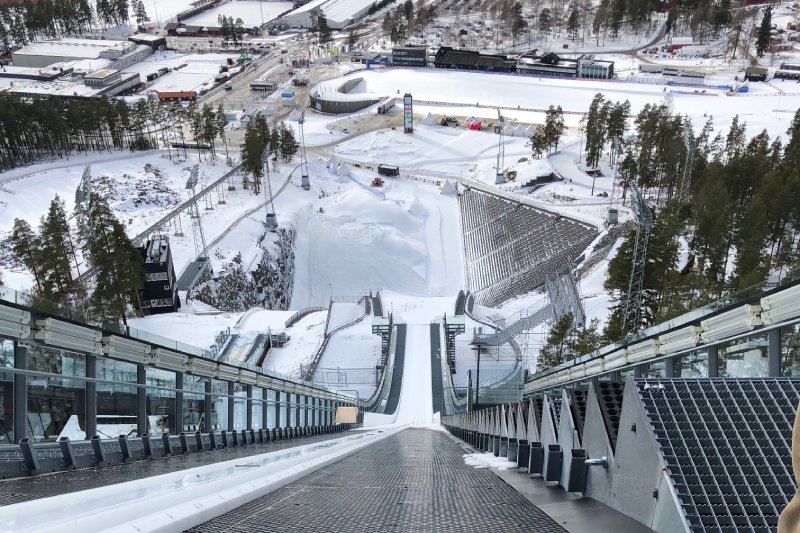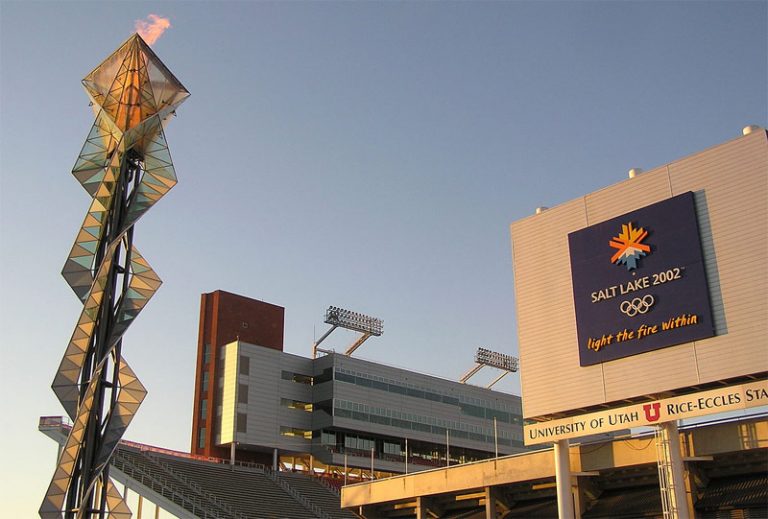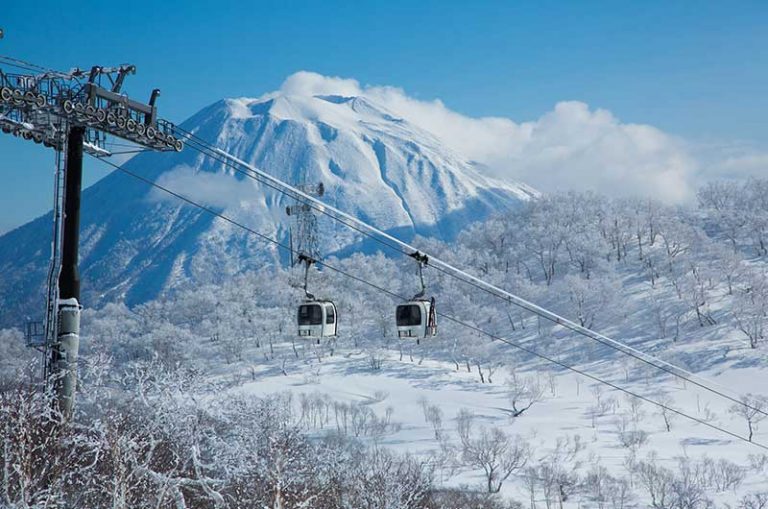A delegation representing the Swedish Olympic Committee (SOC), Swedish Paralympic Committee (SPC) and the National Sport Federation traveled to Dalarna and Falun this week as stakeholders continue to develop a 2030 Olympic and Paralympic Winter Games bid.

Those regions would host Nordic events according to initial plans released by the SOC in June when a favorable feasibility study resulted in a launch of the development phase of the bid that is set to continue until December. Swedish officials have joined the International Olympic Committee’s (IOC) continuous dialogue phase where interested regions can discuss plans with the Future Host Commission without any commitment to bid.
If both the IOC and SOC agree that a firm opportunity exists, the project could be elevated to a targeted dialogue phase where plans are prepared for a vote by the full IOC membership at the next Session.
The Swedish stakeholders met in Dalarna to explore venues and review plans for the regions. Municipal representatives from Falun, Malung-Sälen and Älvdalen, Region Dalarna, Visit Dalarna and RF/SISU Dalarna were present at the meeting.
“Under the motto ‘Dalarna wants and can create the most sustainable Olympics of all time’, we had the opportunity to present Dalarna’s vision for the Olympics and Paralympics in Sweden,” CEO of Visit Dalarna Chatarina Eriksson said.
“We have world-class national arenas, a solid history and a habit of organizing international events and welcoming and transporting visitors to Dalarna.”
Officials have proposed staging ice sports in the Stockholm region and snow sports in Åre and Östersund. The bobsled, luge and skeleton sliding track would be across the border in Latvia. For the Paralympics, the Nordic events would be held in Östersund.
Complying with the IOC sustainability directives, only existing venues would be used without any new construction.
In April, a SOC commissioned survey showed an improved level of support with 7 in 10 Swedes saying they would back a 2030 Winter Games bid. When a joint Stockholm-Åre bid lost to Milan-Cortina in the race to host in 2026 as few as 55 percent of Swedes supported the project and the Stockholm municipal government refused to financially back efforts, instead offering to lease venues to a potential organizing committee.
Sweden is the most successful Winter Olympics nation never to host the Winter Games despite eight previous bids. Stockholm hosted the Summer Games in 1912. But SOC President Hans von Uthmann remains confident based on his nation’s resume.
“Falun have time and again proved to be a provider of world class events, such as the Nordic Ski World Championships,” he said.
“It was extremely rewarding to meet with the broad representation that the whole region of Dalarna provided. We received very valuable input that we will now take with us in the continued work.”
Sweden’s bid is also an important project for the IOC whose campaign to allocate the 2030 Games has fallen months behind schedule with multiple regions dropping out along the way. A joint bid from Barcelona and the Pyrenees in Spain withdrew over domestic political disputes; a First Nations led project centered in Vancouver Canada stepped back when it failed to win provincial government funding; a Japanese bid from Sapporo put its project on hold as it continues to weather the fallout from the Tokyo 2020 corruption scandal.
Salt Lake City is also preparing to host a future Winter Games with a target on 2034. The United States Olympic and Paralympic Committee (USOPC) has offered the Utah capital as a backup choice for 2030 as a last resort.
With no viable bids in sight, the IOC decided to delay the race last December and said the Future Host Commission would spend time exploring the impacts of climate change on potential hosts and investigate the possibility of naming a permanent pool of future Olympic sites or a dual allocation for 2030 and 2034.
Subsequently, Sweden stepped in to explore options and a Swiss national bid formed to determine feasibility for a project in 2030, 2034 or beyond. Most recently a joint Auvergne-Rhône-Alpes and Provence-Alpes-Côte d’Azur bid from France has joined the IOC’s continuous dialogue.
There is no set timetable for future Winter Games bids though the IOC had previously hoped to award the 2030 Games at its Session next month in Mumbai, India. Instead, if the IOC is able to choose one or more bids for targeted dialogue within the next few months, the Games could be allocated at the next IOC Session planned for next July in Paris just days before the opening of the Olympic Games in the French capital.
If the French bid is among those in targeted dialogue, the vote would need to be held on a separate occasion since the Olympic Charter forbids a host region vote when a candidate is within its own territory.


